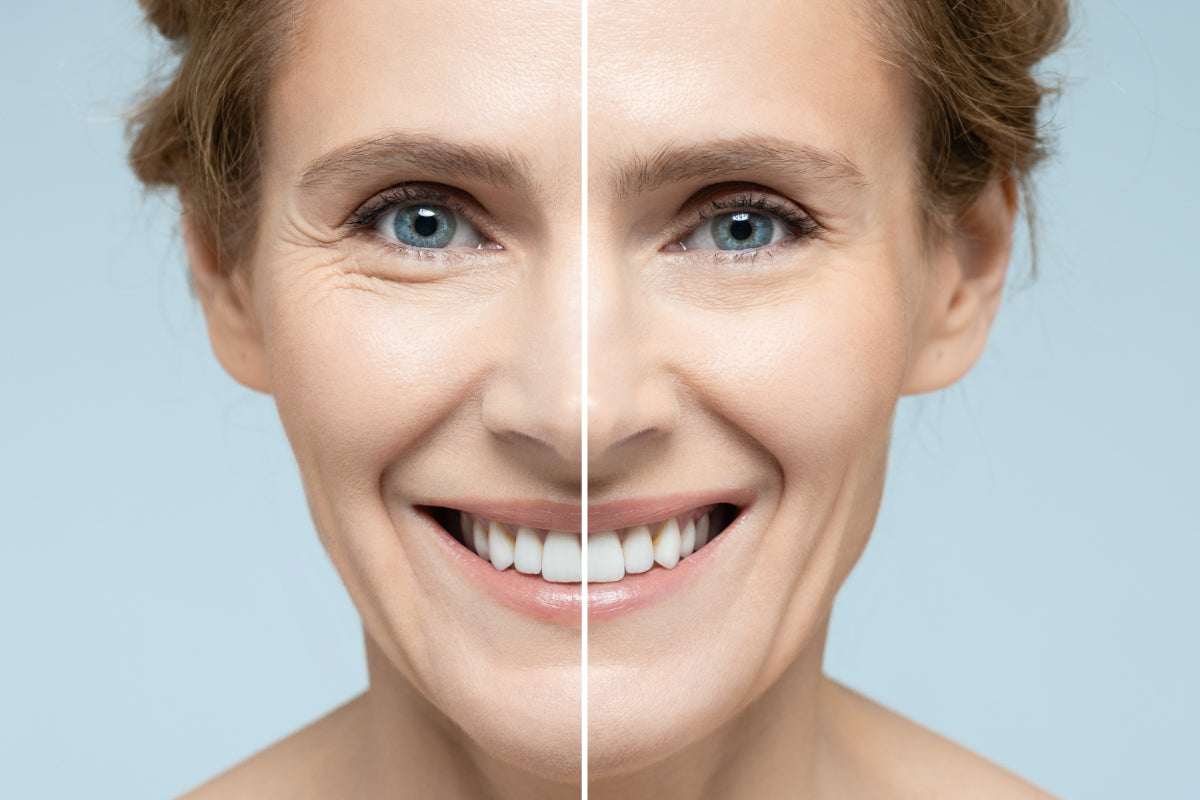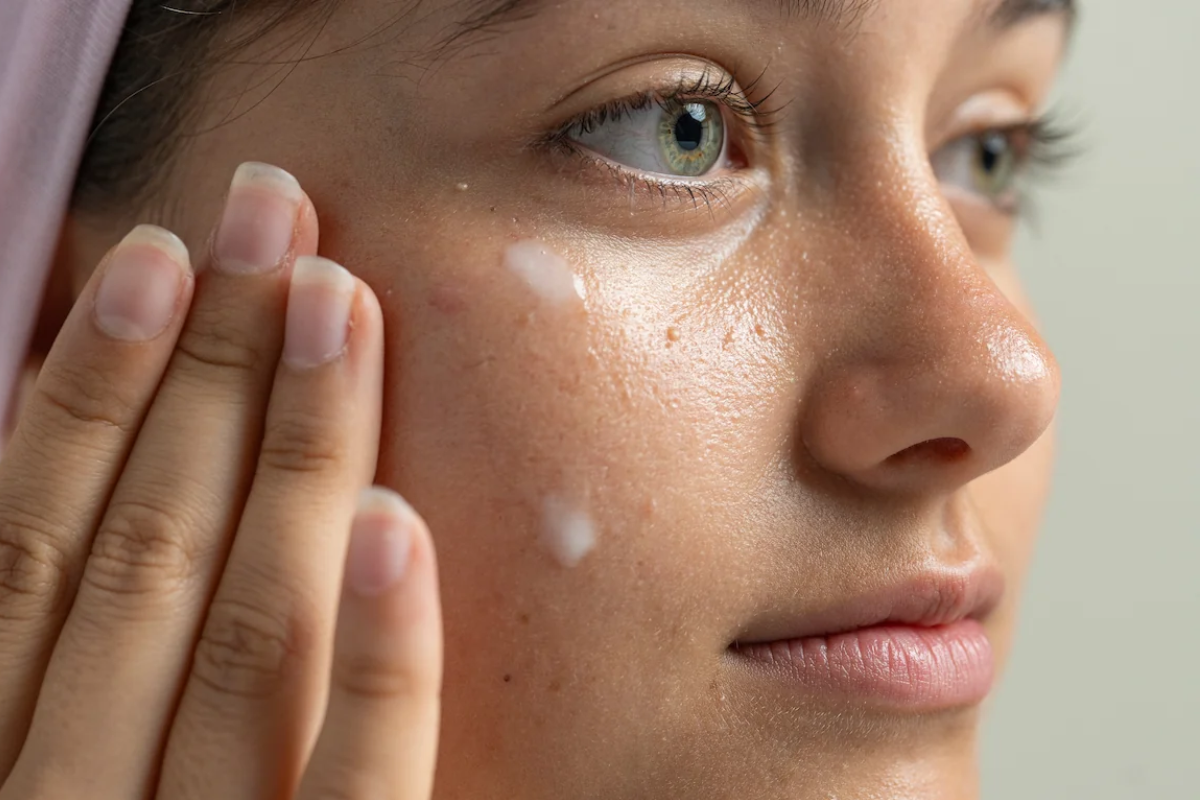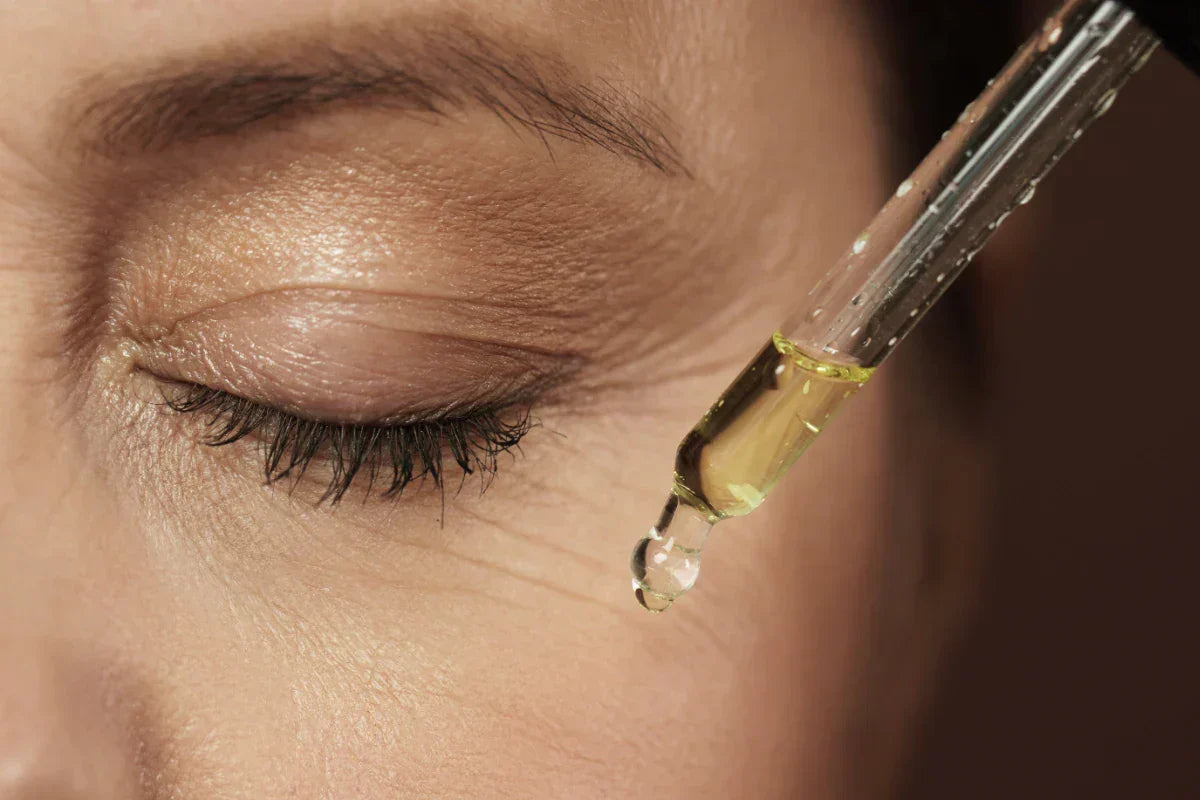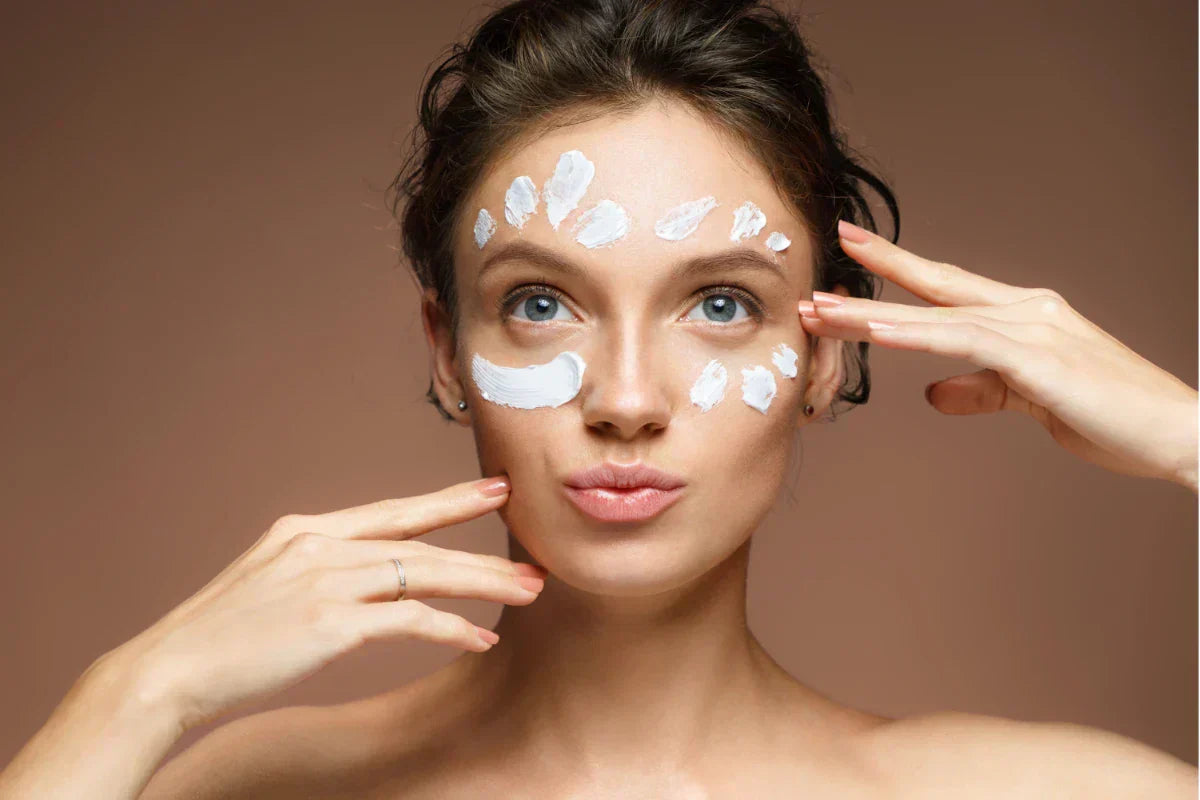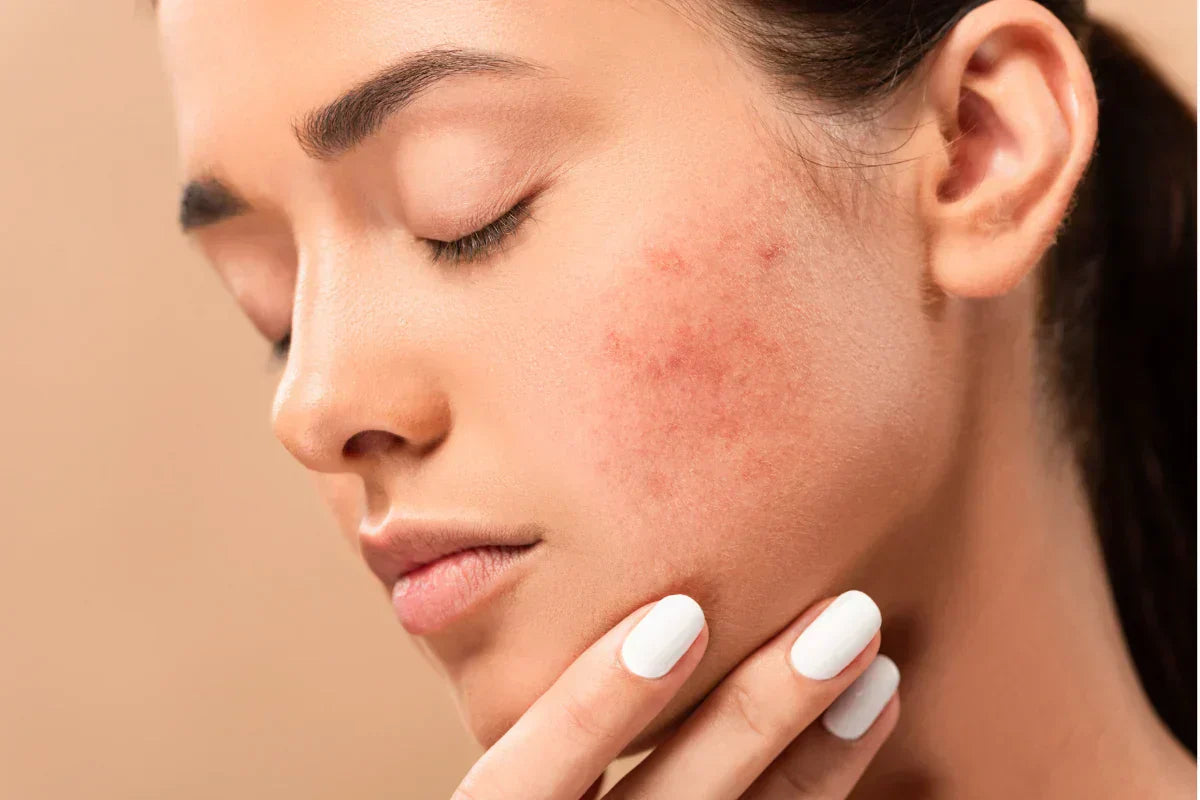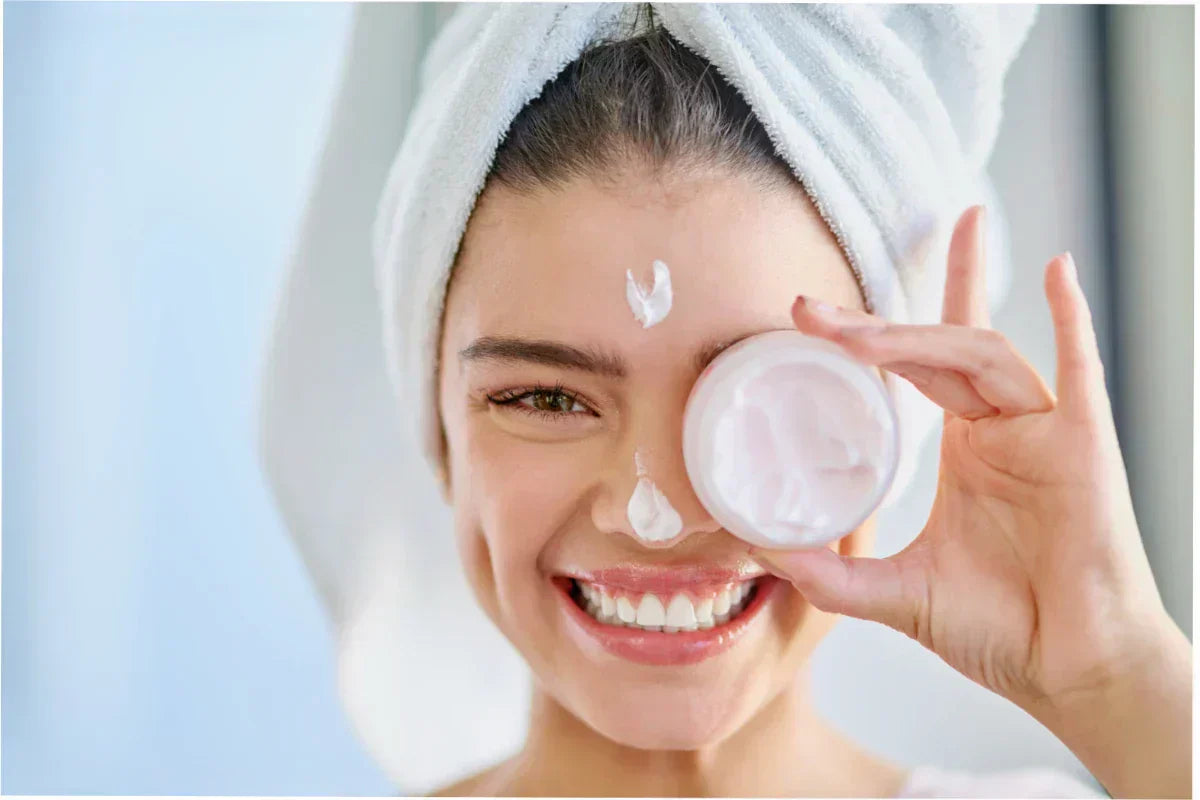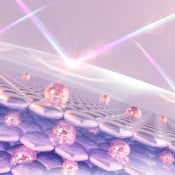Introduction to Encapsulated Retinol
Encapsulated retinol is a form of retinol that reduces skin irritation and increases its effectiveness, It’s a key ingredient in many anti-aging skincare products, including retinol serums. Retinol is the active ingredient responsible for delivering targeted anti-aging and acne-fighting benefits. The encapsulation process acts like bubble wrap, protecting the fragile retinol from exposure to light, oxygen, and heat, ensuring stability and controlled release with a protective barrier often made from lipids or fatty acids.
Retinol serum works by promoting cell turnover and collagen production, resulting in smoother, more radiant skin and a more even skin tone. Compared to pure retinol, which is highly potent but more fragile and easily degraded by environmental factors, encapsulated retinol offers improved stability and skin absorption with reduced irritation.
Encapsulated retinol is suitable for all skin types, including sensitive skin, and can be used as part of a nighttime skincare routine. Its lower risk of irritation makes it an excellent choice for beginners who are new to using retinol. It’s essential to choose the best retinol serum for your skin concerns, whether it’s fine lines and wrinkles, uneven skin tone, or acne marks.
When using encapsulated retinol, it’s crucial to follow a consistent skincare routine and avoid common mistakes, such as using too much product or not patch testing. Unlike traditional retinol, encapsulated retinol provides greater stability and is less likely to cause irritation. Retinol is best used at night to prevent increased sensitivity to the sun.

What is Encapsulation Technology?
Encapsulation technology is a breakthrough in skincare that transforms how active ingredients like retinol are delivered to your skin. In retinol serums and other retinol products, this process involves surrounding the retinol molecule with a protective barrier, often made from lipids or fatty acids. This barrier shields the active ingredient from environmental factors that can cause it to break down, such as light, air, and heat. As a result, encapsulated retinol remains stable and potent until it reaches your skin.
The real advantage of encapsulation technology is its ability to provide a slow, controlled release of retinol. This means the active ingredient is delivered gradually, reducing the risk of skin irritation and making it suitable for a wider range of skin types, including sensitive skin. By ensuring that retinol is released in a gentle, sustained manner, encapsulated serums help you enjoy the benefits of retinol, like smoother, more youthful skin, without the harsh side effects often associated with traditional formulas. This innovative approach allows you to target your skin concerns more effectively, making encapsulated retinol a smart choice for anyone looking to upgrade their anti-aging skincare routine.
Benefits of Encapsulated Retinol
- Reduces fine lines and wrinkles, boosts collagen for a more youthful appearance, and smoother skin texture.
- Evens out uneven skin tone and fades dark spots, targeting visible signs of aging for a more radiant complexion.
- Improves skin texture and firms skin by supporting the regeneration of healthy skin cells, making it look healthier and more vibrant.
- Suitable for all skin types, including sensitive skin, oily skin, and combination skin.
- It can be used to address various skin concerns, such as acne marks, pigmented skin, and sun damage.
How Encapsulated Retinol Works
- Encapsulated retinol releases retinol gradually, reducing skin irritation and allowing for deeper penetration into the skin.
- It works by promoting cell turnover, removing dead cells, and stimulating collagen production to reveal fresher, healthier skin.
- The protective barrier of encapsulated retinol, often made from lipids, helps to minimize side effects, such as dry skin and redness.
- When combined with other ingredients, such as hyaluronic acid and vitamin E, encapsulated retinol can provide enhanced anti-aging benefits and is commonly delivered in a face serum for targeted results.
- Retinol can help unclog pores and prevent acne breakouts, making it a versatile ingredient for addressing multiple skin concerns.
- It’s essential to use a gentle cleanser and moisturizer when using encapsulated retinol to maintain a healthy skin barrier.
Ingredients like sclerotium gum, xanthan gum, and sodium levulinate are often included in face serums to improve texture, stability, and skin conditioning.
Choosing the Best Retinol Serum
- Look for a retinol serum that contains encapsulated retinol and is formulated for your skin type.
- Consider the concentration of retinol and the presence of other active ingredients, such as salicylic acid and vitamin C. Also, check for potassium sorbate as a preservative in the ingredient list.
- Hyaluronic acid works well with almost every ingredient and helps protect the skin barrier, making it a valuable addition to retinol serums.
- Read reviews and consult with a dermatologist to find the best retinol anti-aging serum for your skin concerns. Night serum formulations are often recommended for nighttime use to support skin regeneration.
- Be aware of potential interactions with other skincare products, such as traditional retinols and exfoliants.
- Choose a serum that is formulated with a unique formula, such as a hydrating formula, to help soothe and moisturize the skin. Some serums include encapsulated antioxidants, such as tocopheryl acetate, which is encapsulated for enhanced protection.
Advanced botanical ingredients such as leaf juice, aloe barbadensis, citrus medica limonum, pearl algae, sargassum muticum water algae, and terminalia ferdinandiana fruit extract are also beneficial additions to look for in high-quality serums.
Who Should Avoid Encapsulated Retinol?
While encapsulated retinol is designed to be gentler and more suitable for a variety of skin types, there are certain individuals who should approach its use with caution. Pregnant or breastfeeding women are generally advised to avoid retinol products, as the active ingredient can be absorbed and potentially affect the baby.
If you have extremely sensitive skin or conditions such as eczema or rosacea, it’s essential to begin with a low concentration and always perform a patch test before incorporating retinol into your routine. This helps you gauge how your skin will react and minimize the risk of irritation. Those with oily skin should also be mindful, as the increased cell turnover from retinol can sometimes lead to clogged pores if not balanced with proper cleansing and exfoliation.
Additionally, because retinol can make your skin more sensitive to sunlight, daily use of a broad-spectrum sunscreen with SPF 30 or higher is essential to protect your skin and maintain an even skin tone. If you experience persistent redness, irritation, or discomfort, it’s best to consult a dermatologist before continuing use. By taking these precautions, you can safely enjoy the benefits of encapsulated retinol while minimizing potential risks.
Anti-Aging Skincare Routine
- Use a gentle cleanser and toner to prepare your skin for encapsulated retinol.
- Apply a pea-sized amount of retinol serum to your face and neck, avoiding the eye area. Gently massage the retinol into the skin in a circular motion.
- Follow up with a moisturizer and sunscreen to protect your skin from sun damage.
- Exfoliate regularly to remove dead skin cells and enhance the effectiveness of encapsulated retinol.
- Consider using other anti-aging products, such as eye creams and face masks, to complement your retinol serum.

Using Encapsulated Retinol with Other Products
- Avoid using salicylic acid and other exfoliants on the same night as encapsulated retinol.
- Use vitamin C and other antioxidants in the morning to enhance their effectiveness.
- Be cautious when combining encapsulated retinol with other retinol products or traditional retinols.
- Consider using a patch test to ensure you don’t have any sensitivity or allergic reactions.
- Look for products that are formulated with encapsulated retinol and other ingredients, such as fruit extract and magnesium ascorbyl phosphate.
Tips for Sensitive Skin
- Start with a low concentration of retinol and gradually increase as your skin becomes more tolerant. Beginner users should ease into using retinol, starting with a few nights a week.
- Use a gentle cleanser and moisturizer to soothe and calm your skin.
- Avoid using encapsulated retinol on broken or irritated skin.
- Consider using a hydrating formula to help minimize dryness and irritation.
- Be gentle when washing your face, and pat dry instead of rubbing.
Common Mistakes to Avoid
- Using too much retinol serum, which can lead to skin irritation and dryness.
- Not patch testing before using a new retinol product, which can cause allergic reactions.
- Using encapsulated retinol during the day, which can increase sun sensitivity.
- Not moisturizing after using retinol, which can lead to dryness and irritation.
- Not being patient, as encapsulated retinol can take time to show its effects.
Best Practices for Using Encapsulated Retinol
Start with a low concentration: If you’re new to retinol or have sensitive skin, begin with a lower concentration of encapsulated retinol in your nighttime skincare routine. This helps your skin adjust gradually, reducing the risk of skin irritation and dryness.
Always patch test: Before applying a new retinol serum to your entire face, perform a patch test on a small area. This simple step can help you avoid unexpected reactions, especially if you have sensitive skin or are prone to skin concerns.
Be consistent: For the best anti aging results, use your encapsulated retinol serum regularly as part of your nighttime skincare routine. Consistent use helps improve skin texture, even out skin tone, and reduce the appearance of fine lines and wrinkles.
Pair with gentle, hydrating products: To maintain a healthy skin barrier and prevent dry skin, combine your retinol serum with a gentle cleanser and a moisturizer containing hydrating ingredients like hyaluronic acid. This supports your skin’s protective barrier and keeps it feeling comfortable.
Avoid mixing with certain actives: Be cautious when using other active ingredients such as salicylic acid, vitamin C, or exfoliants alongside retinol. Using these on the same night can increase the risk of irritation, especially for sensitive or combination
Protect against sun exposure: Retinol can make your skin more sensitive to the sun’s rays. Always apply a broad-spectrum sunscreen with at least SPF 30 during the day to shield your skin from sun damage and support your anti aging skincare goals.
Be patient with results: Encapsulated retinol works by boosting cell turnover and collagen production in the deeper layers of the skin. Visible improvements in fine lines, wrinkles, and uneven skin tone may take several weeks, so give your skin time to respond.
Choose the right formula for your skin type: Select a retinol product that’s formulated for your specific skin type, whether you have oily skin, dry skin, or sensitive skin, to ensure you get the best results without unnecessary irritation.
Follow application instructions: Use a pea-sized amount of serum, applying it evenly to your face and neck. Gently massage until completely absorbed, and avoid the delicate eye area unless the product is specifically designed for it.
Monitor your skin’s response: Pay attention to how your skin reacts. If you notice increased irritation, dryness, or other concerns, adjust your usage or consult a dermatologist for personalized advice.
By following these best practices, you can maximize the benefits of encapsulated retinol, address a variety of skin concerns, and enjoy smoother, more radiant, and youthful skin while keeping your skin barrier healthy and strong.

How to Store Encapsulated Retinol Products
Proper storage is key to preserving the potency and effectiveness of your encapsulated retinol products. To keep your retinol serum working its best against fine lines, wrinkles, and uneven skin tone, store it in a cool, dry place away from direct sunlight and heat sources. Exposure to light and air can degrade the active ingredient, reducing its ability to deliver glowing skin and a more even skin tone. Always make sure the container is tightly sealed after each use to prevent air and moisture from getting in.
For an extra layer of protection, consider keeping your retinol serum products in the refrigerator—this can help slow down the breakdown of the formula and extend its shelf life. When traveling, pack your serum in a protective bag or case to shield it from temperature changes and light exposure. Regularly check the expiration date and inspect the packaging for any signs of damage or tampering to ensure your product remains safe and effective. By following these storage tips, you’ll help your encapsulated retinol maintain its ability to reduce fine lines, wrinkles, and promote healthy, radiant skin for longer.
Conclusion
- Encapsulated retinol is a powerful anti-aging ingredient that can help reduce fine lines and wrinkles, even out skin tone, and improve skin texture.
- By choosing the best retinol serum and following a consistent skincare routine, you can achieve radiant, youthful-looking skin.
- Remember to be patient, patch test, and follow best practices to minimize side effects and maximize the benefits of encapsulated retinol.
- With the right skincare routine and products, you can say goodbye to skin concerns like acne marks, pigmented skin, and sun damage.
- Encapsulated retinol is a game-changer for anti-aging skincare, and with the right knowledge and routine, you can achieve the skin of your dreams.

